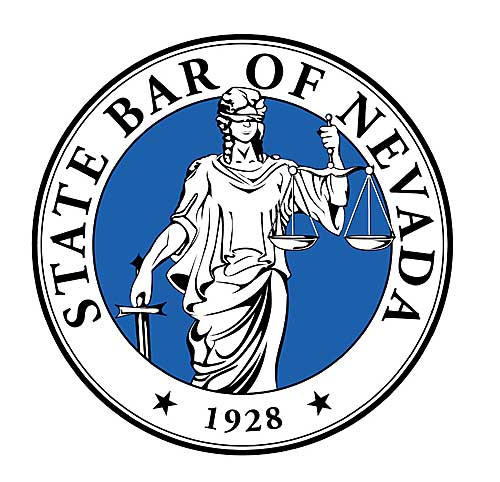Making “Justice for All” a Reality
A “justice barrier” limits the legal support available to Nevadans living below the poverty line. The State Bar of Nevada and its research partners are using a data collection initiative to bolster support for vulnerable populations and combat the resource disparity.
The Challenge
How could one lawyer help deliver justice for 4,800 people? Cooperating with the Nevada Coalition of Legal Service Providers, a lobbying organization, to ensure that study findings informed and were incorporated into the coalition’s 2019 Legislative Priorities. The coalition’s subsequent legislative successes included easing up on quick-eviction rules and establishing reasonable late fees to protect tenants, as well as creating a universal payday lending database allowing for the enforcement of existing laws protecting consumers from getting multiple payday loans from multiple lenders.
Supporting the Legal Aid Center of Southern Nevada, which used the data to get funding to hire a Legal Education Advocate. The advocate works closely with the Children’s Attorneys Project to support youth who are struggling in school. To date, the hired advocate has 47 open cases related to proper school and class placement, evaluation for special education, discipline, and individualized education and behavior plans. They work closely with foster parents, social workers, and schools to help get students back on track.
Partnering with Nevada Legal Services to act quickly on study findings and address the urgent representation needs of tenants at eviction court. On the first day, eight tenants were assisted with their cases and three new pro bono attorneys were enlisted to assist in future cases. Nevada Legal Services has also used the research findings to support several additional grant requests to prepare children who are homeless or aging out of foster care to navigate the world on their own and to provide legal help to people without an attorney in bankruptcy court.
Although funding is a critical component of maintaining and increasing current legal aid programs, growing the number of qualified legal professionals providing pro bono legal aid is equally important. As a partner on this effort, the University of Nevada, Las Vegas has a mandatory program where law students teach free education classes to low-income people to help educate them on the legal systems they are working within. These types of programs and engagement with low-income communities tend to encourage individuals to be more engaged in pro bono legal work once they complete their education, developing the pipeline of future pro bono attorneys in Nevada.
"I was facing foreclosure and received many scams in the mail from agencies wanting to help … Legal Aid Center, the moment I called, explained what I needed to do. Very knowledgeable, respectful, compassionate, courteous, and kept me informed. I commend them."—Deborah, Consumer Rights Project Client of the Legal Aid Center of Southern Nevada
"[When my significant other assaulted our children] I needed someone who was knowledgeable, strong, detail-oriented; who would hear my voice, my concerns and be willing to help me, not just tell me what I needed. Legal Aid heard my plea and saw that I needed help! I got my concerns heard and children protected. Things that would have been a barrier and an obstacle for me, they did with ease. I am so happy that through that stressful and anxious time Legal Aid was there for me and my family." —Maria, Legal Aid client
Nevada Supreme Court Access to Justice Commission Statewide Study of Legal Needs and Economic Impacts
Legal Aid Fact Sheet


